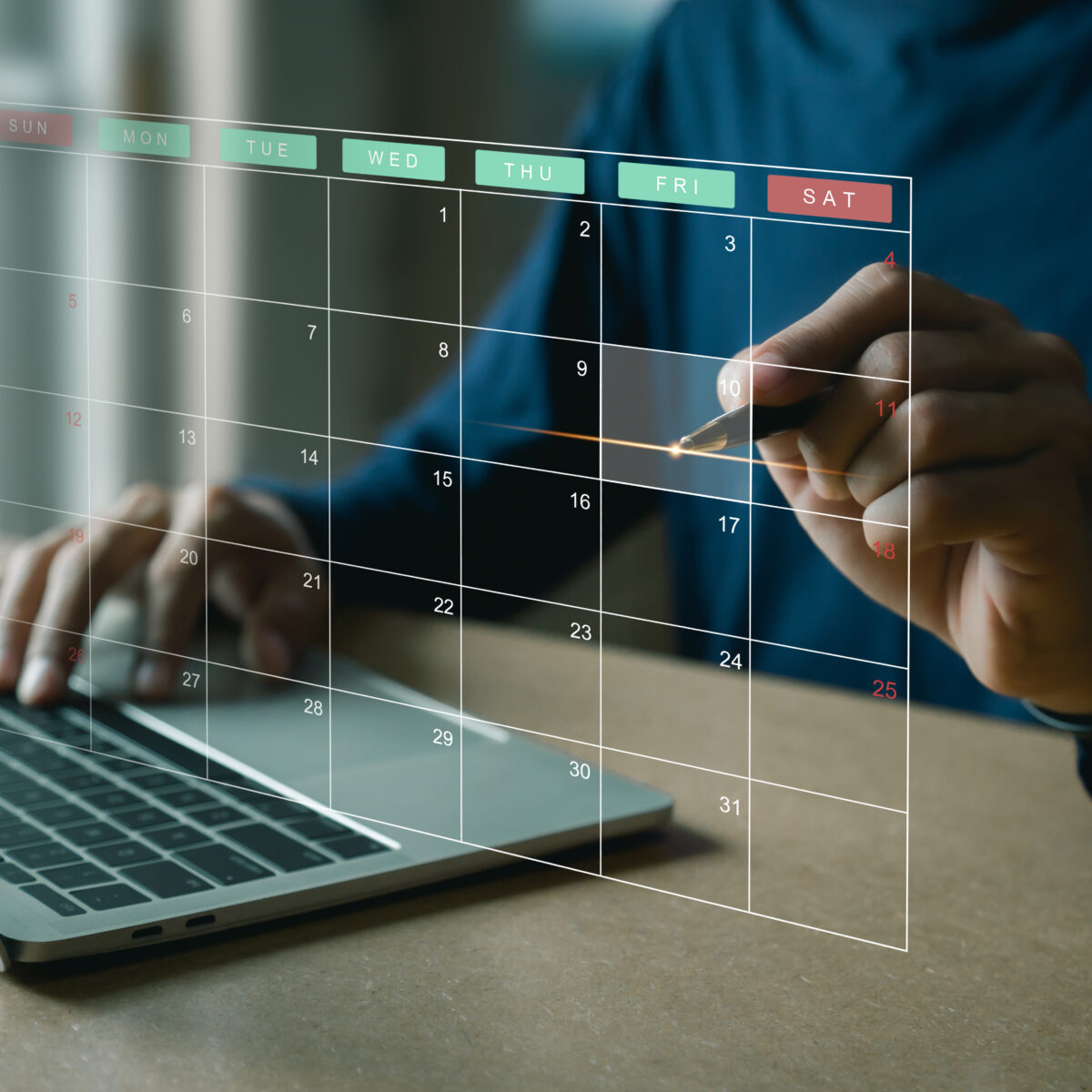Do you know your weaknesses as well as your strengths? Early in my career, I thought I had to be good at everything. It didn’t help that I had a boss who seemed to be great at everything. This challenged me to work on my own “areas of opportunity.”
According to bestselling author Marcus Buckingham, in his book Now, Discover Your Strengths, most organizations are built on two flawed assumptions about people:
- Each person can learn to be competent in most anything;
- Each person’s greatest room for growth is in his or her areas of greatest weakness.
Not true. You can’t be good at everything. In fact, you can only be great at a few things. The sooner I realized this, the more quickly I could focus on my strengths and steer clear of my weaknesses.
Buckingham argues that knowing your strengths is vital to being more productive and happier. But I would argue that knowing your weaknesses is just as important. Why?
- It keeps you from engaging in activities where you can’t make much impact.
- It provides an opportunity for others—people with the very strengths you’re missing— to contribute. This strengthens your team.
- It keeps you from frustrating yourself and others.
Keep in mind, that a strength is not simply something you are good at. It is also something that makes you feel strong. To quote Eric Liddell, from the movie Chariots of Fire expresses this beautifully: “I believe that God made me for a purpose, but He also made me fast. When I run, I feel His pleasure.”
But the definition of a weakness is similar. You may well be good at an activity—or good enough—but it doesn’t make you feel strong, in fact, you feel weak.
Over the years, I have identified four weaknesses of my own. I don't share these to focus on myself, but to provide inspiration for you to begin to identify your own weaknesses, so you can steer more of your time toward your strengths.
- Routine, maintenance-type work. I’m a starter, not a maintainer. Once the project is launched, I’m read to move on to the next thing.
- Detailed, logistical planning. Things always seem easier to me than they really are. This is especially true when it comes to my calendar. Left to myself, I will double-book appointments and wear myself out by trying to do too much.
- Long meetings of any kind. I can focus intently for about two hours. Max. Then my attention begins to wander. I have to move on to something else or I actually become a distraction.
- Multi-tasking. I work fast and move from task-to-task. From the outside, it may look like multi-tasking, but it’s not. I do my best work when I can focus intently on one task at a time. If I try too many things at once, I get frustrated and lose focus.
You won’t always be able to avoid acting in your areas of weakness. This is especially true early in your career when you don’t have much of a team. But to the extent you can build your team and increasingly focus on what you do best—and avoid what you do worst—the greater your impact and satisfaction at work and in life.
Disclosure of Material Connection: Some of the links in the post above are “affiliate links.” This means if you click on the link and purchase the item, we will receive an affiliate commission. Regardless, we only recommend products or services we use and believe will add value to our readers. We are disclosing this in accordance with the Federal Trade Commission’s 16 CFR, Part 255: “Guides Concerning the Use of Endorsements and Testimonials in Advertising.









